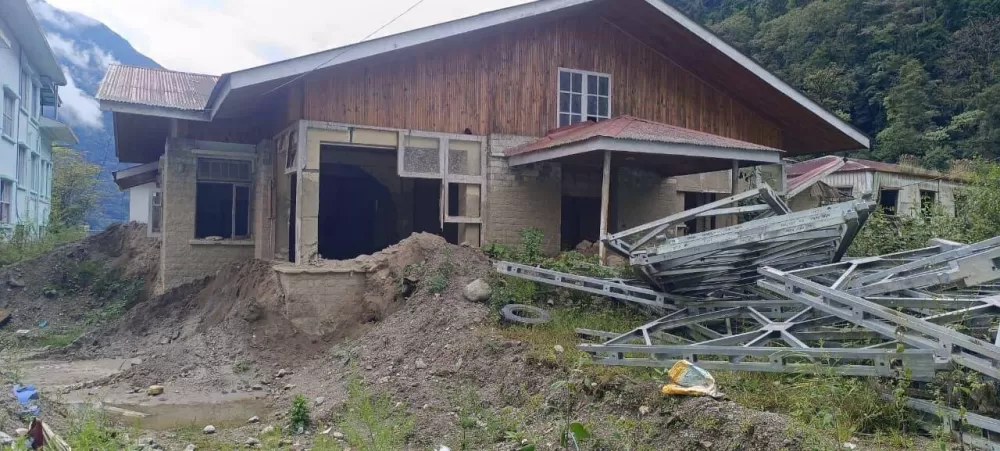Under a Blazing Sky: The Invisible Struggle of Pregnant Farmworkers
Share- Nishadil
- October 24, 2025
- 0 Comments
- 3 minutes read
- 45 Views

Extreme Heat Puts Pregnant Farmworkers and Their Babies at Grave Risk
An eye-opening report casts a harsh light on the grave dangers pregnant agricultural workers endure under extreme heat, often sacrificing their health for a paycheck. These women, many vulnerable and without protections, face critical risks for themselves and their unborn babies.
It’s a searing choice, one no one should ever have to make: the health of an unborn child, perhaps even your own life, versus a day’s pay. Yet, for countless pregnant agricultural workers across the United States, this impossible dilemma is a stark, daily reality. An Associated Press investigation, frankly, pulls back the curtain on a crisis many simply don’t see, revealing the profound and often devastating impact of extreme heat on these incredibly vulnerable laborers.
Think about it for a moment: long hours under a relentless sun, bending and lifting, often without adequate shade, cool water, or regular breaks.
For anyone, that’s grueling, yes, but for an expectant mother? The stakes, well, they rocket sky-high. We’re talking about risks like severe dehydration, fainting spells that can lead to injury, and far more insidious dangers—premature birth, low birth weight, even tragically, stillbirths. These aren't just statistics; these are futures, lives irrevocably altered.
Many of these women, you see, are immigrants, often undocumented.
And that, in truth, amplifies their vulnerability tenfold. Fear of deportation, of losing their only means of income, means they often suffer in silence, unwilling or unable to speak up about unsafe conditions. They toil, enduring temperatures that would send most of us indoors, because honestly, what other choice do they have? It's a brutal bind: risking their health or risking their family’s survival.
And here’s another uncomfortable truth: while some states, commendably, have stepped up with heat protection laws, there’s no overarching federal mandate.
This patchwork approach means that a pregnant worker in one state might have some basic protections—like access to water and shade—while just across the border, another woman, equally at risk, has none. It’s a gaping hole in our labor laws, a silent testament to how easily the most marginalized among us can be overlooked.
What’s more, the climate crisis isn't just a distant threat; it’s a present danger, exacerbating these already dire conditions.
Heatwaves are becoming more frequent, more intense, pushing thermometers to terrifying highs and making the fields even more treacherous. So, you could say, these workers are quite literally on the front lines of a global problem, bearing a disproportionate burden.
The long-term consequences, too, are heartbreaking.
Experts speak of lasting health impacts for mothers—chronic kidney issues, for instance—and developmental challenges for children born after their mothers endured such extreme stress. It's a cycle, an ongoing ripple effect, stemming from conditions that, quite simply, should not exist in a developed nation.
This isn't just a story about numbers or regulations; it’s a deeply human narrative of resilience, sacrifice, and often, profound injustice.
It calls on us, frankly, to look beyond the produce aisle and recognize the immense, often invisible, human cost behind the food on our tables. We must ask ourselves: what kind of society allows its most vulnerable workers, especially expectant mothers, to face such brutal, preventable dangers?
.Disclaimer: This article was generated in part using artificial intelligence and may contain errors or omissions. The content is provided for informational purposes only and does not constitute professional advice. We makes no representations or warranties regarding its accuracy, completeness, or reliability. Readers are advised to verify the information independently before relying on







